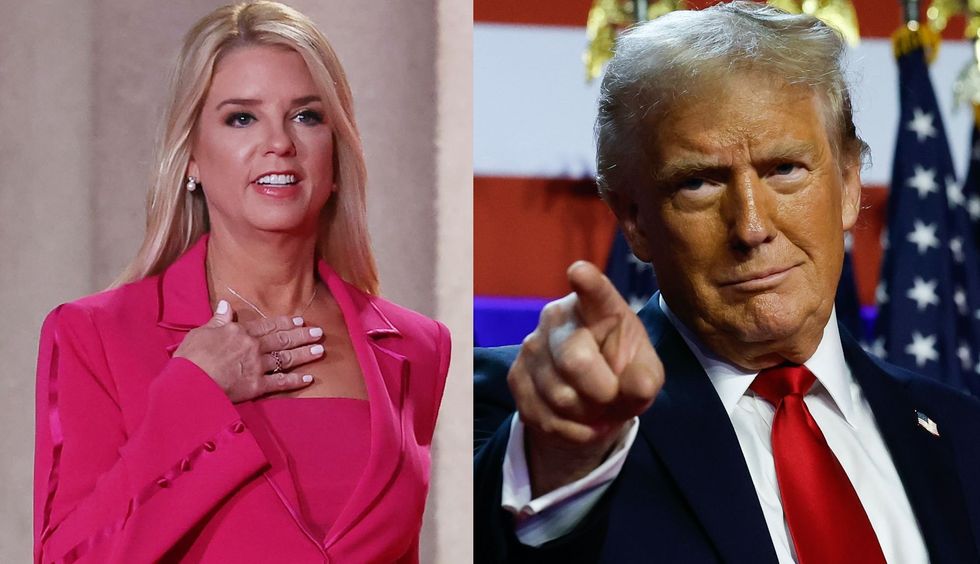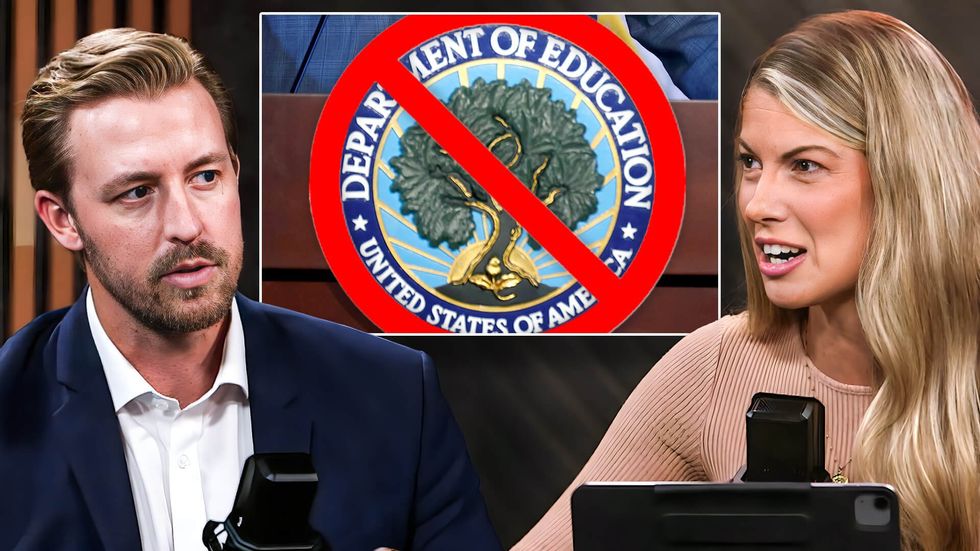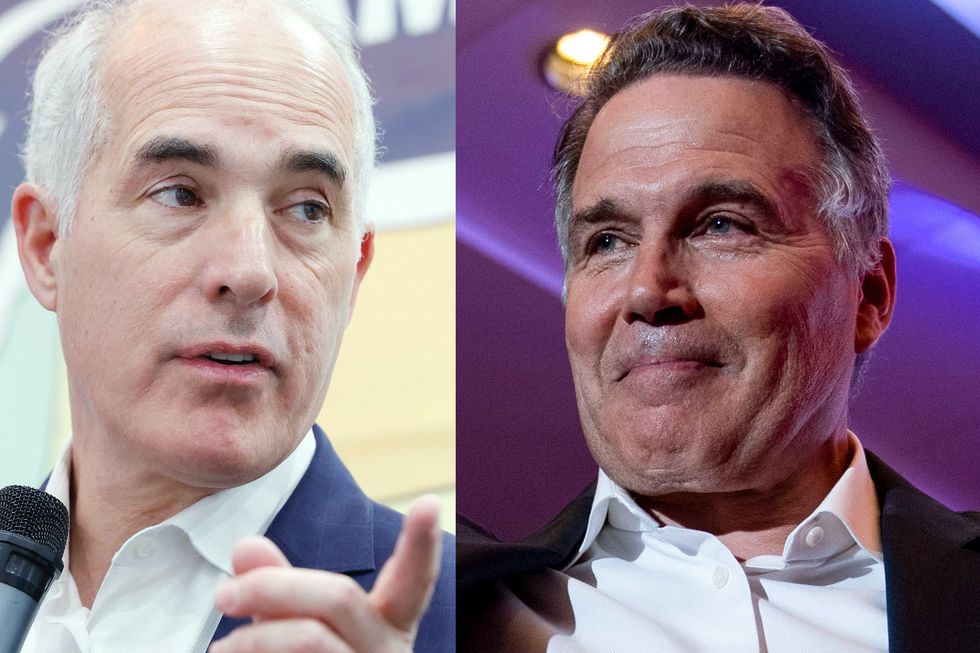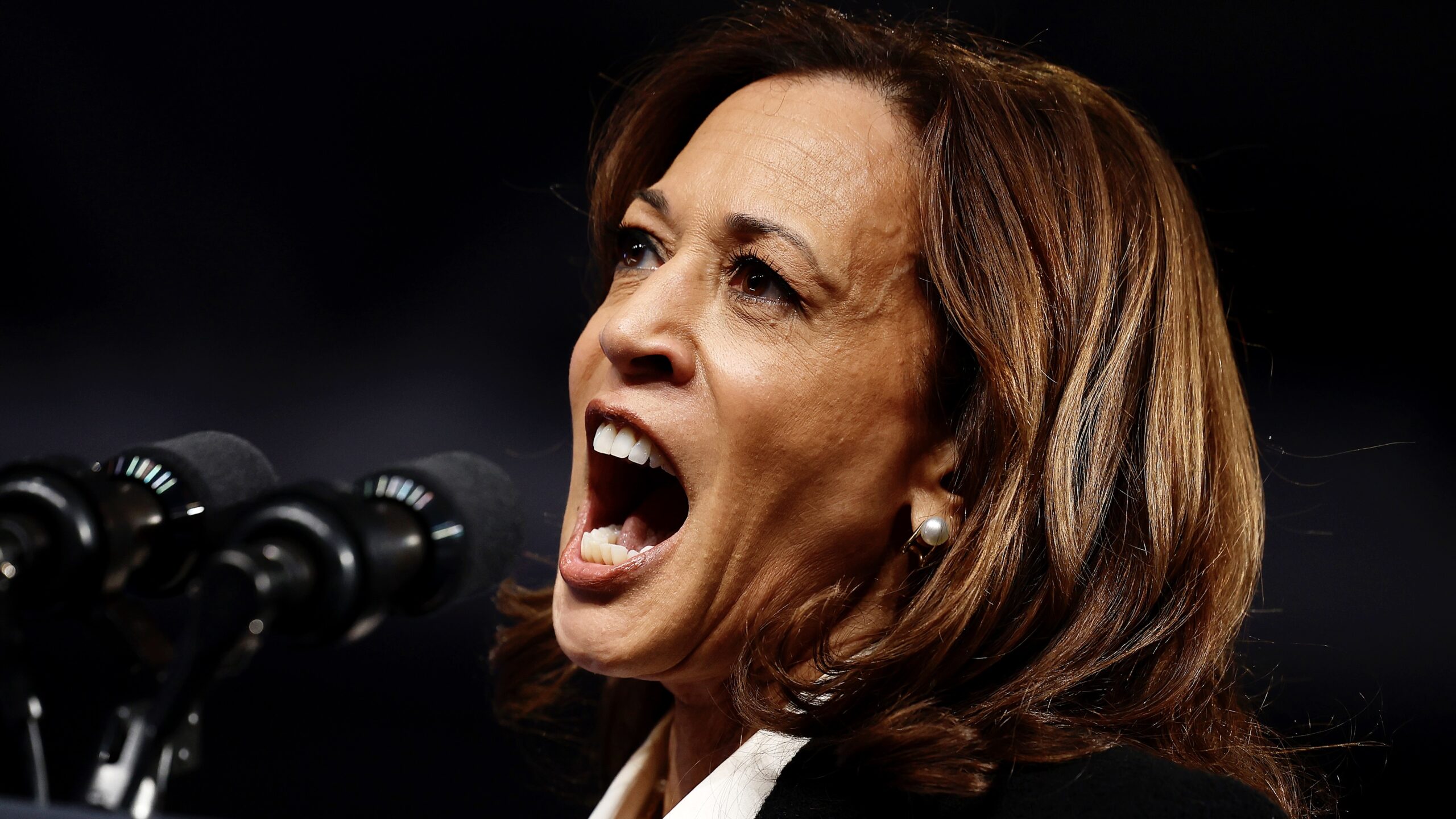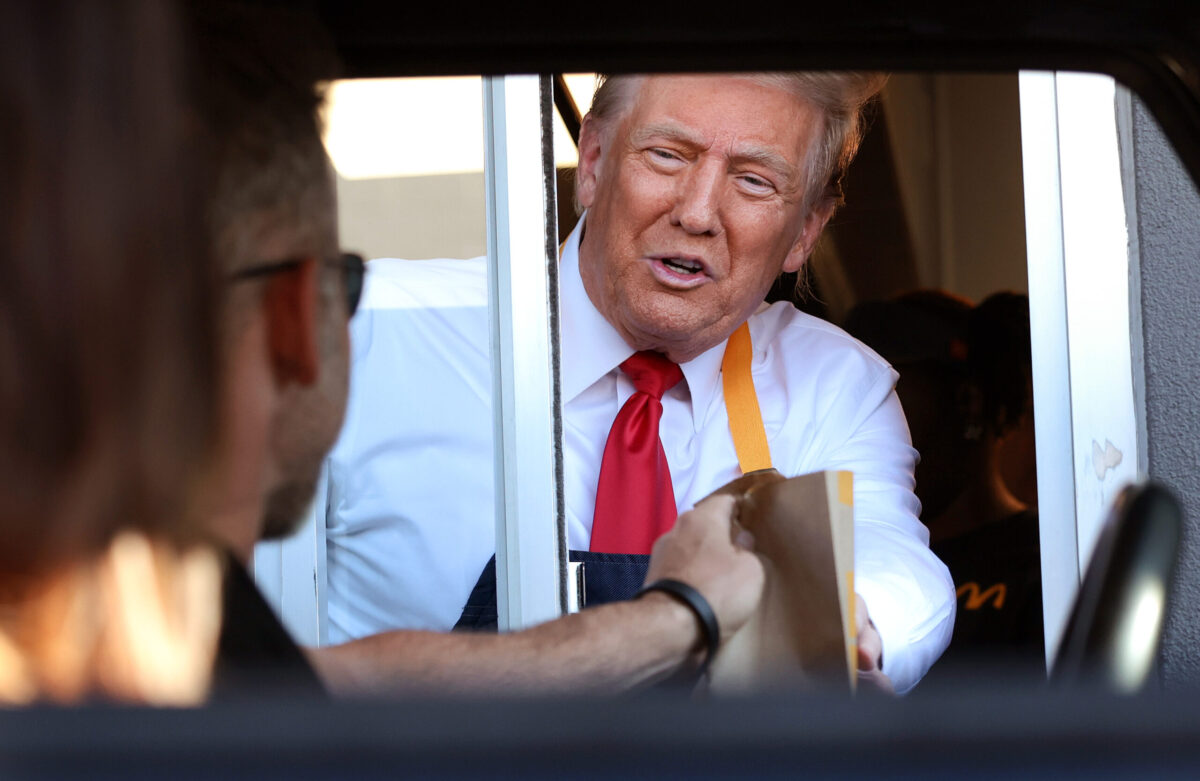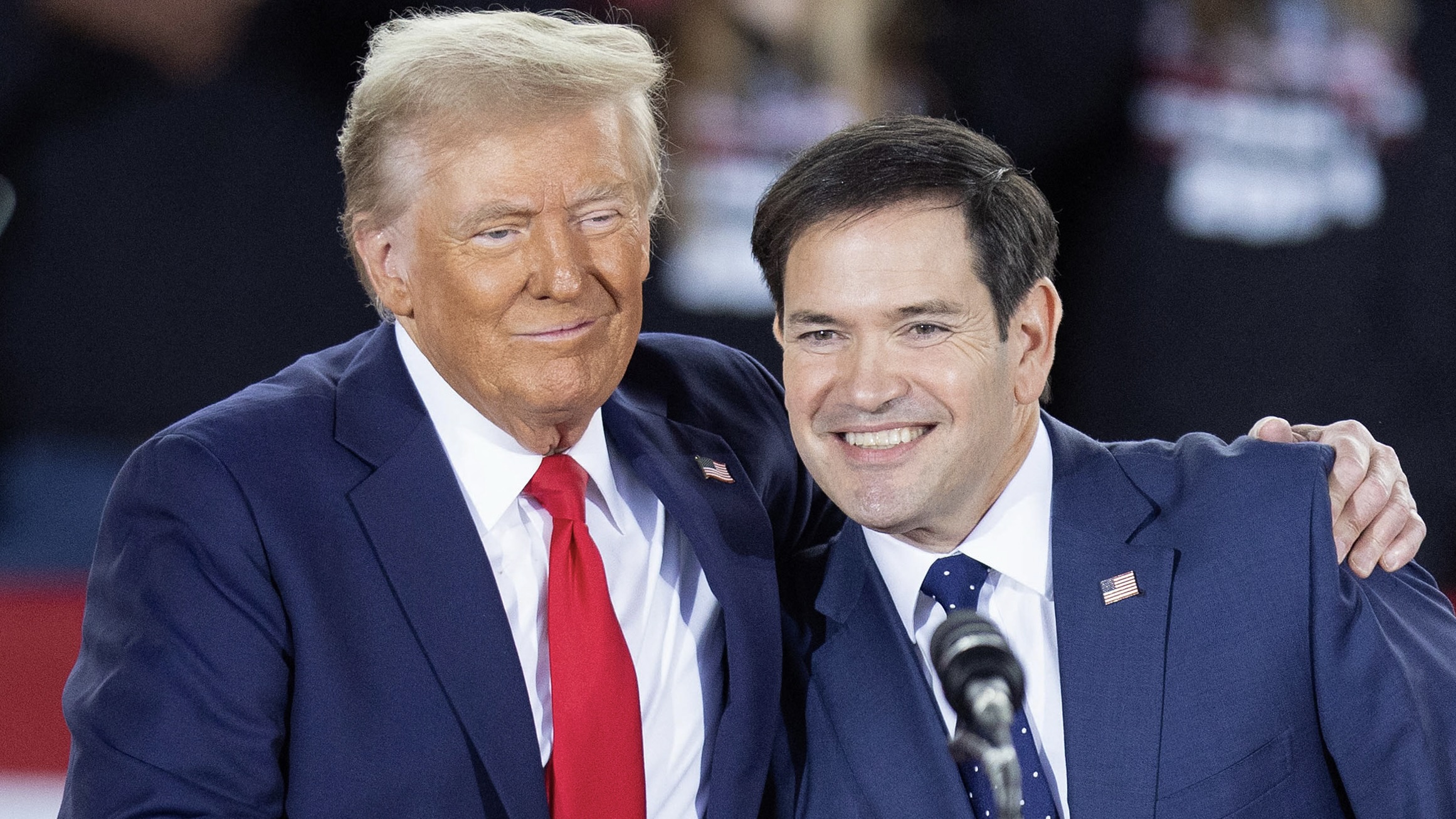Elon Musk vs. Brazil X feud EXPLAINED
When Brazilian Superior Electoral Court Justice Alexandre de Moraes wanted to censor his political opponents on X (formerly Twitter), Elon Musk – surprise, surprise – said no. Moraes, angry that his “illegal orders” per the Brazilian Constitution were denied, then retaliated by banning the X platform in Brazil. Tech lawyer Preston Byrne joins Jill Savage and the "Blaze News Tonight" panel to shed light on the situation. - YouTube www.youtube.com “What’s been the reaction to Brazil banning X so far?” asks Jill. “Depends really on who you talk to. If you talk to people on the center-left or European regulators, or Brazilian regulators for that matter, they tend to celebrate this because they think that Elon and X have been problematic for global discourse, and they want people who are speaking on X to be quiet. If you talk to people who are more on the libertarian axis, they’re unhappy with it,” says Byrne. Many of those who are celebrating Brazil’s decree are the same people who are calling for Musk’s arrest. Indeed the suggestion that the modern world’s free speech warrior belongs behind bars has grown from a mere whisper to an ominous roar. “Over the past month, the left-wing Guardian newspaper in England has run no fewer than three op-eds calling for Elon Musk's arrest,” Byrne wrote in a recent Blaze Align article. But despite the outcry, Byrne thinks Musk’s arrest is highly unlikely. “The U.S. is never going to extradite Elon for running X in the manner he chooses in the United States,” says Byrne, “and the Federal Trade Commission is barred by federal statute from imposing civil penalties for what they suggest is the problem here, which is that Elon isn't moderating content appropriately.” However, “there are political forces outside of the United States – particularly in the European Union, United Kingdom, Australia, and New Zealand – which want to exercise greater control of the online information space,” he says, but “an arrest is pretty much out of the question. That's not preventing people from suggesting it, [though].” Jill points to “France arresting the Telegram CEO” and “U.K. citizens being arrested for what they post on social media” as cause for concern. Byrne acknowledges that X is “really the first example of a global company or a company of global scale pushing back on censorship by simply refusing to play ball.” “Regulators in places like Europe and Brazil are not really in a great position because what they're learning is that if an American decides they're going to exercise their free speech rights in the United States, there's not a whole lot they can do about it except one of two options: They can either censor their own people, which is what Brazil has chosen to do, or they could militarily invade the United States and seize the servers in Texas, which obviously is not going to happen,” says Byrne. Blaze Media’s editor in chief, Matthew Peterson, however, isn’t sure how much longer American citizens, like Musk, will be able to exercise their First Amendment rights – especially considering that “America is going into an election" where one party has already been colluding with tech companies to censor free speech. To hear more of the debate, watch the clip above. Want more from Blaze News Tonight?To enjoy more provocative opinions, expert analysis, and breaking stories you won’t see anywhere else, subscribe to BlazeTV — the largest multi-platform network of voices who love America, defend the Constitution, and live the American dream.


When Brazilian Superior Electoral Court Justice Alexandre de Moraes wanted to censor his political opponents on X (formerly Twitter), Elon Musk – surprise, surprise – said no. Moraes, angry that his “illegal orders” per the Brazilian Constitution were denied, then retaliated by banning the X platform in Brazil.
Tech lawyer Preston Byrne joins Jill Savage and the "Blaze News Tonight" panel to shed light on the situation.
- YouTube www.youtube.com
“What’s been the reaction to Brazil banning X so far?” asks Jill.
“Depends really on who you talk to. If you talk to people on the center-left or European regulators, or Brazilian regulators for that matter, they tend to celebrate this because they think that Elon and X have been problematic for global discourse, and they want people who are speaking on X to be quiet. If you talk to people who are more on the libertarian axis, they’re unhappy with it,” says Byrne.
Many of those who are celebrating Brazil’s decree are the same people who are calling for Musk’s arrest. Indeed the suggestion that the modern world’s free speech warrior belongs behind bars has grown from a mere whisper to an ominous roar.
“Over the past month, the left-wing Guardian newspaper in England has run no fewer than three op-eds calling for Elon Musk's arrest,” Byrne wrote in a recent Blaze Align article.
But despite the outcry, Byrne thinks Musk’s arrest is highly unlikely.
“The U.S. is never going to extradite Elon for running X in the manner he chooses in the United States,” says Byrne, “and the Federal Trade Commission is barred by federal statute from imposing civil penalties for what they suggest is the problem here, which is that Elon isn't moderating content appropriately.”
However, “there are political forces outside of the United States – particularly in the European Union, United Kingdom, Australia, and New Zealand – which want to exercise greater control of the online information space,” he says, but “an arrest is pretty much out of the question. That's not preventing people from suggesting it, [though].”
Jill points to “France arresting the Telegram CEO” and “U.K. citizens being arrested for what they post on social media” as cause for concern.
Byrne acknowledges that X is “really the first example of a global company or a company of global scale pushing back on censorship by simply refusing to play ball.”
“Regulators in places like Europe and Brazil are not really in a great position because what they're learning is that if an American decides they're going to exercise their free speech rights in the United States, there's not a whole lot they can do about it except one of two options: They can either censor their own people, which is what Brazil has chosen to do, or they could militarily invade the United States and seize the servers in Texas, which obviously is not going to happen,” says Byrne.
Blaze Media’s editor in chief, Matthew Peterson, however, isn’t sure how much longer American citizens, like Musk, will be able to exercise their First Amendment rights – especially considering that “America is going into an election" where one party has already been colluding with tech companies to censor free speech.
To hear more of the debate, watch the clip above.
Want more from Blaze News Tonight?
To enjoy more provocative opinions, expert analysis, and breaking stories you won’t see anywhere else, subscribe to BlazeTV — the largest multi-platform network of voices who love America, defend the Constitution, and live the American dream.
Originally Published at Daily Wire, World Net Daily, or The Blaze
What's Your Reaction?















